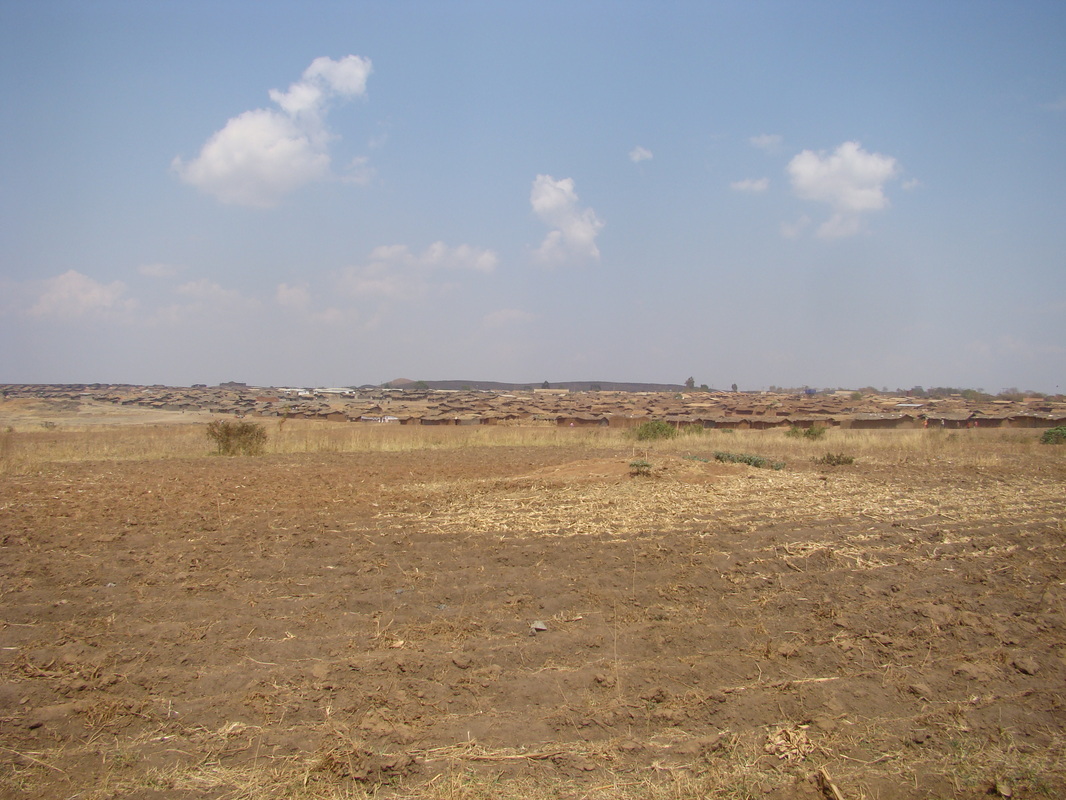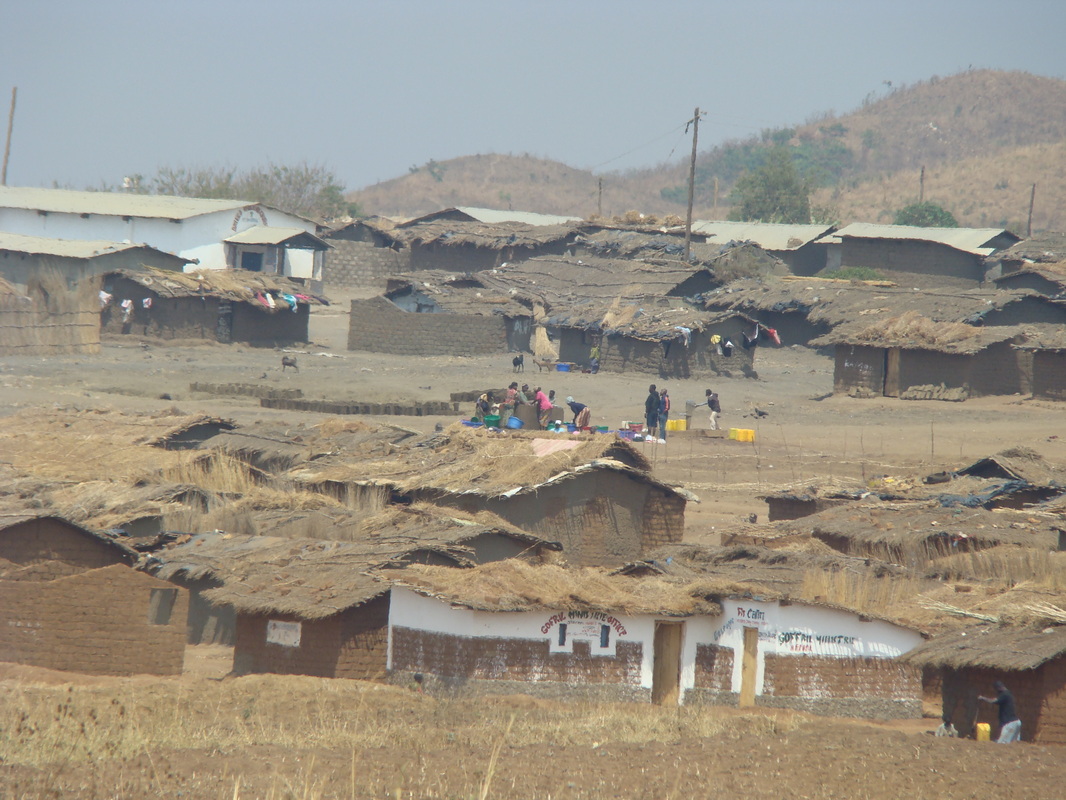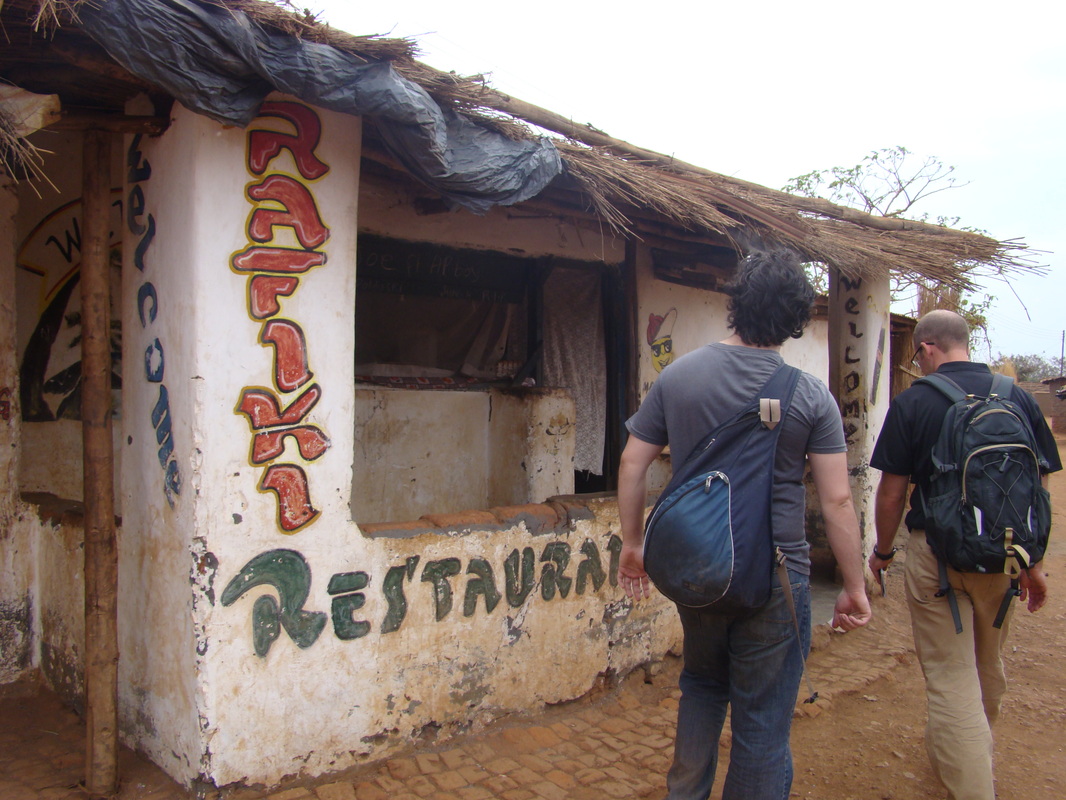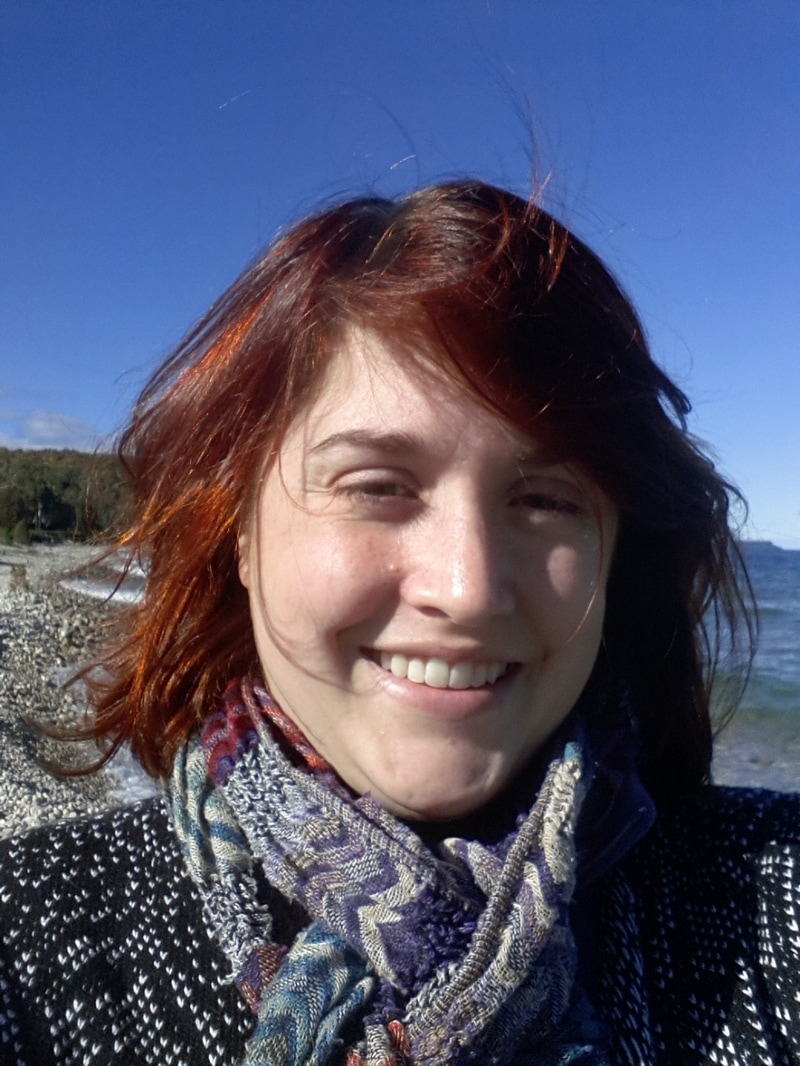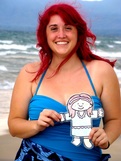|
I have been asked to give a more in-depth description of the refugee camp and what exactly I am doing there. Currently, I can only do half of that, as the country director informed me the other day that she wants to re-write my mandate, so as of now, I am in limbo. My original mandate had three parts, the first of which was to work with the community garden group to expand and continue their knowledge acquisition, and to perhaps add a small-scale farming operation to it (i.e. rabbits or aquaculture). The second part was to work with the Umoja craft group to build their capacity and help the group become self-sustaining. The third part was to work with the community library and JC-HEM library staff to teach them how to run a library, organize them to be a more functional and useful space, and to source additional needed materials. Well, to be honest, the original mandate was just a few words on each aspect, but in the three weeks I have been here, these are the areas that had been discussed and, in my view, needed work. OK – back to the camp! Dzaleka Refugee Camp is located about 45 minutes north of Lilongwe, in the region called Dowa. Dzaleka means ‘we repent’ and the original use of the site was a prison. In 1994, it was converted into a refugee camp for people fleeing genocide and wars in Burundi, Rwanda, and the Democratic Republic of Congo. There are also refugees from Somalia, Ethiopia, and Eritrea living in Dzaleka, most of whom are passing through on their way to South Africa. Over the years, the other refugee camps in neighbouring countries and other regions of Malawi closed down, leaving Dzaleka as the only one in Malawi. The current resident count is around 19,000. The partners in the camp are the United Nations High Commissioner for Refugees (UNHCR), the Red Cross, the Government of Malawi, and the Jesuit Refugee Service. There may be other smaller organizations working in the camp, but they are either working under the radar or have partnered with one of the previously listed organizations in order to do their work. For example, the World University Service of Canada (WUSC – my placing agency) works through JRS to run a program that places up to 20 top students into Canadian universities, sponsors their studies, and helps them to become Canadian citizens. It is a hard life in the refugee camp, and the people living there are struggling to make the best of what they have. However, it is a complicated situation, as the surrounding region, Dowa, is also a poor region, and the assistance that the refugees receive has been leaving a bitter taste in the mouths of Malawian officials who are also struggling to ensure that their people are surviving. If you would like to read some more about Dzaleka, the following are links to some articles and personal stories of refugees.
- JC-HEM article on education - Refugee Voices - UNHCR article on a student - US Embassy press release on a visit to Dzaleka - Malawian news article on issues with the camp
0 Comments
Leave a Reply. |
AuthorWelcome! My name is Katiana and I am a development professional pursuing my dream to live out Isaiah 1:17 to the best of my abilities. I am passionate about teaching and working with vulnerable families and children to improve their lives sustainably.
CaveatThis blog is composed of my personal opinions, which do not necessarily reflect the opinion or views of institutions or organizations that I may be or have been affiliated with.
Categories
All
Archives
July 2017
|
